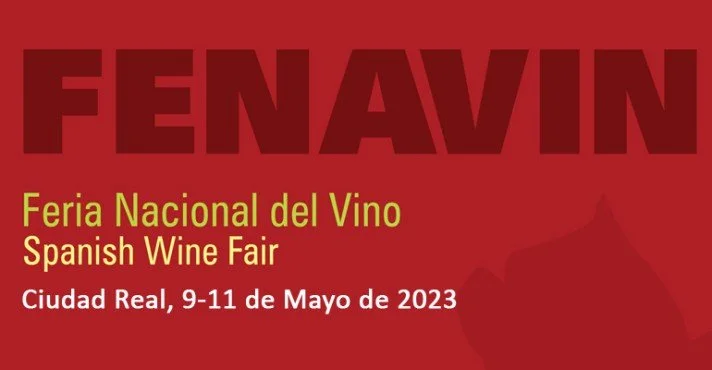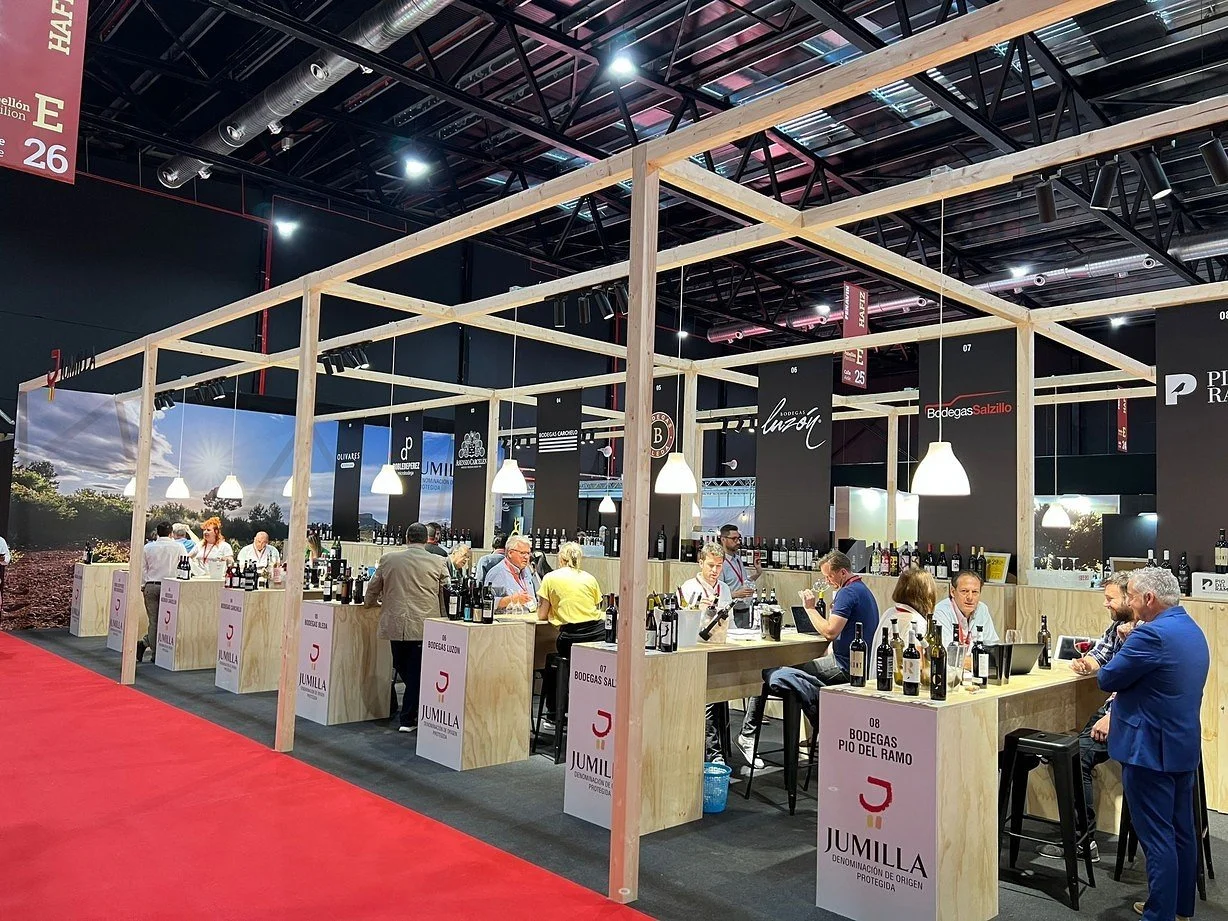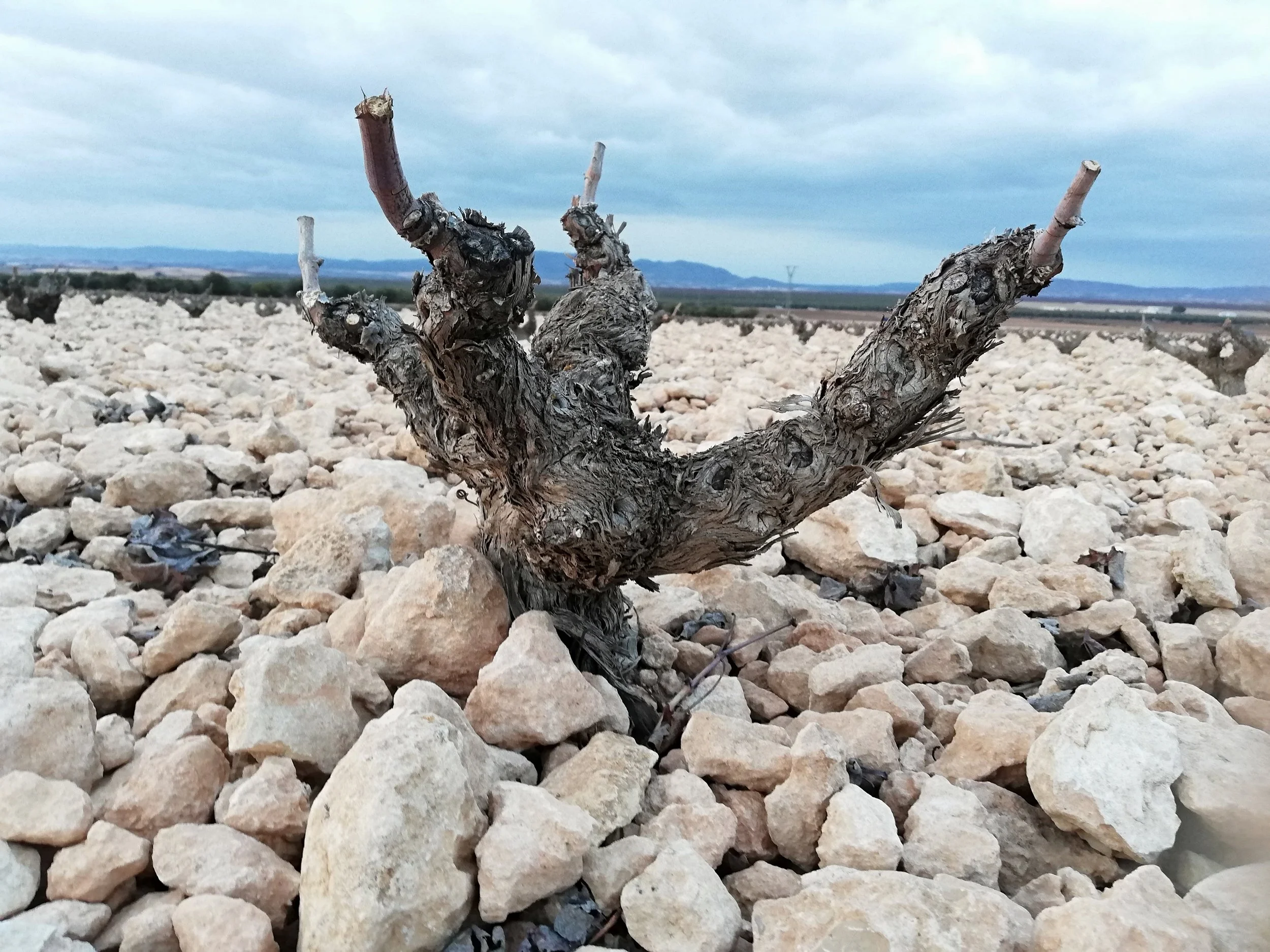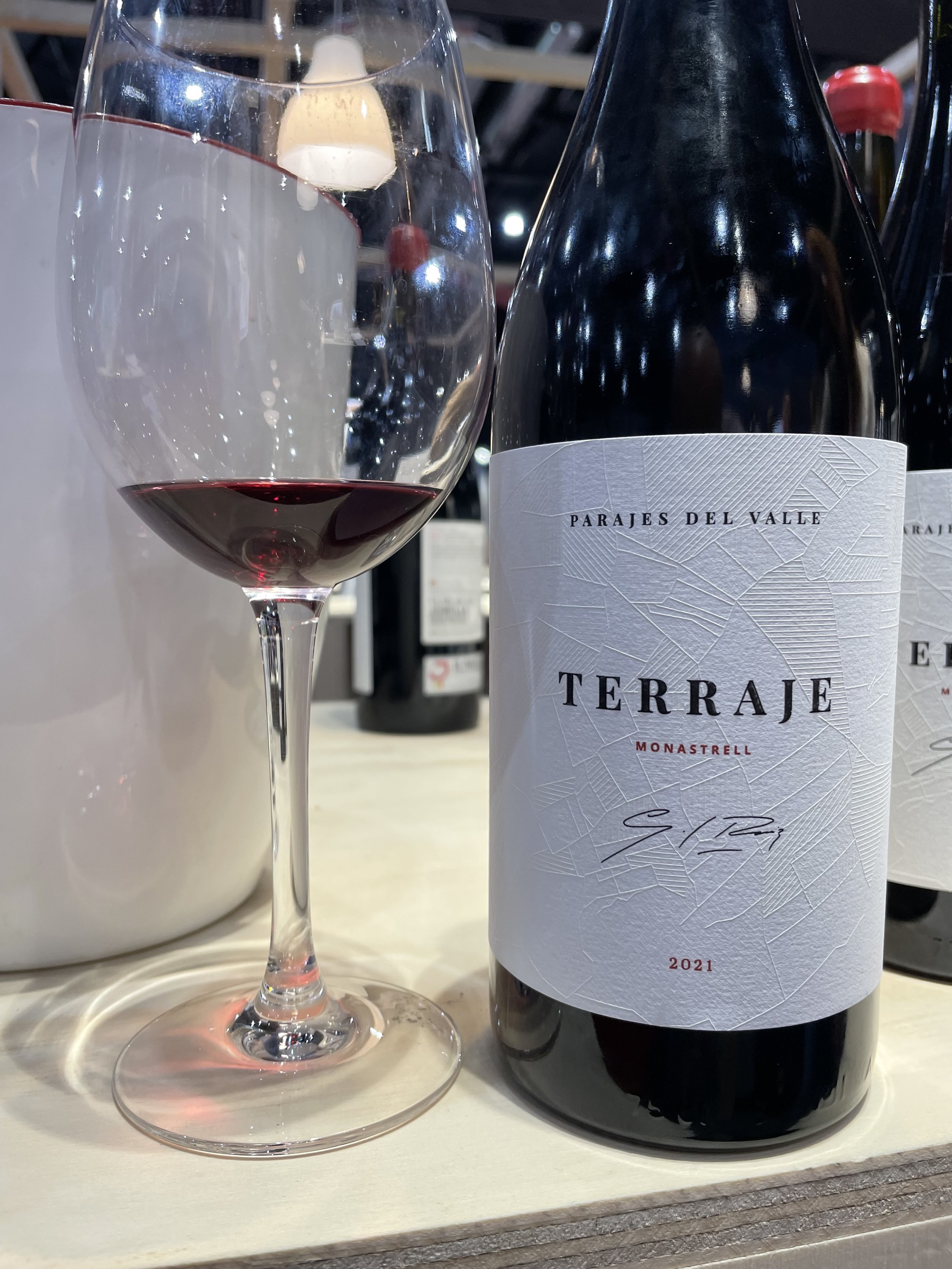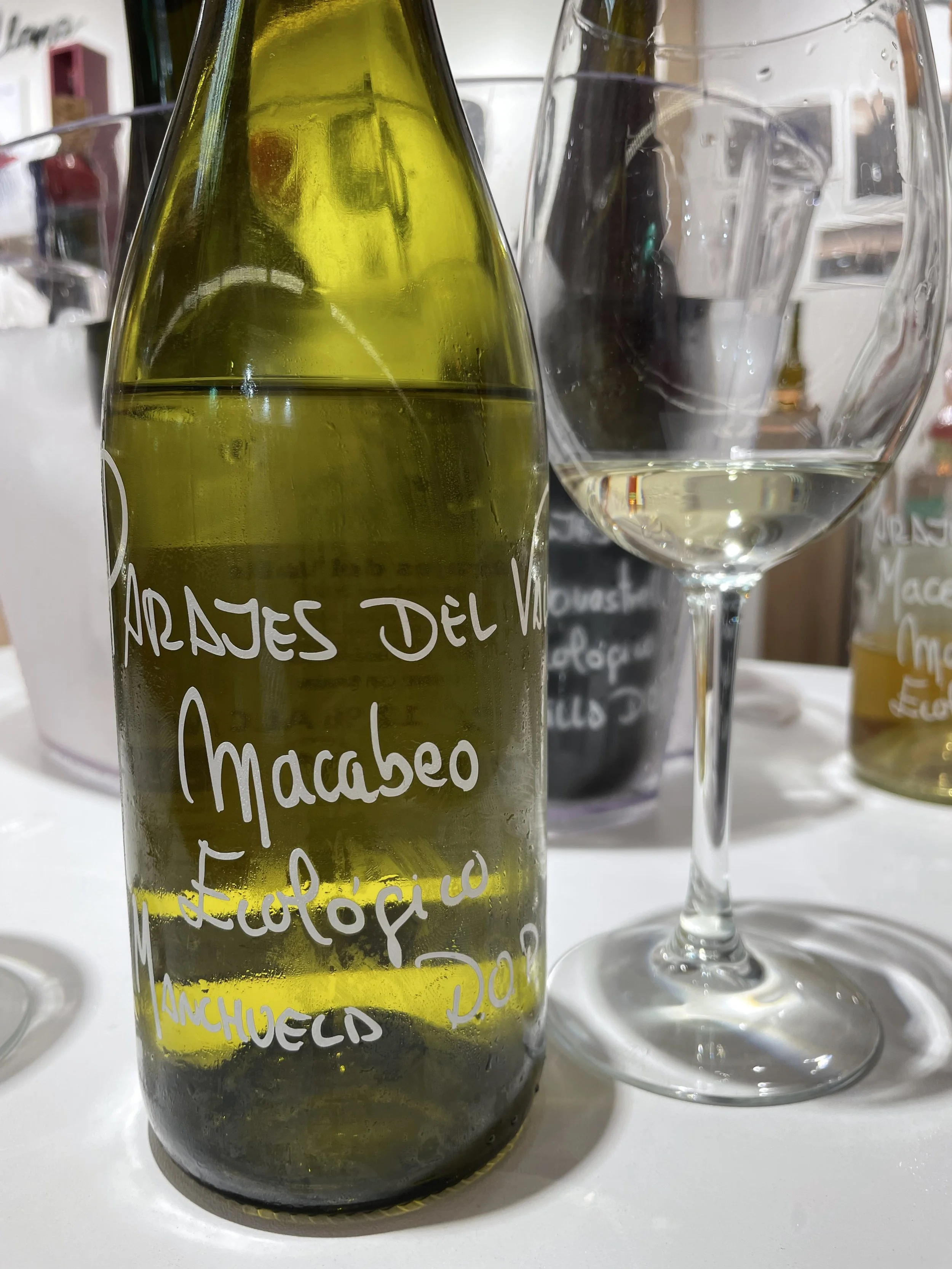Spanish wine stories from Fenavin 2023 part one: Parajes del Valle
I recently read Juan Goytisolo’s classic 1960 travelogue Campos de Níjar, in which he remembered with nostalgia the ‘dry and deliciously harsh’ Jumilla wines he drank every day in that abandoned corner of Almería.
Those rustic, high alcohol Jumilla wines from another age are gradually becoming a thing of the past, as innovative winemakers focus on creating high-quality expressions of local varieties. Higher altitude plantings in the DOs of Jumilla, Bullas and Yecla are allowing wines to be crafted with more freshness and elegance.
One of my aims at Fenavin 2023, which took place over three days in May in Ciudad Real, was to meet more bodegas in these DOs and learn about the growing shift away from traditional bulk-producing cooperatives.
Parajes del Valle
I already knew about Parajes del Valle, after recently getting to know their impressive Terraje Monastrell. Led by young winemaker María Jover Sanchez, this bodega is pursuing a philosophy of recovering native varieties adapted to the local terrain and climate, and working organically with minimal intervention.
Parajes del Valle is located in the interior of the Murcia region between Albacete and Alicante, and makes wines that are part of both DO Jumilla and DO Manchuela. Their organic vineyards lie at an altitude of between 400 to 900 metres in a zone with a continental climate with Mediterranean influences, harsh winters, very hot summers and low rainfall. The arid soils (silt, limestone and calcareous clay) force the dry-farmed bush vines to dig their roots deep into the soil.
At Fenavin I visited them at the DO Jumilla stand and got to taste several of their wines in the company of export manager Gemma Morcilla and sales agent Carmen Sánchez.
Parajes del Valle Monastrell 2022 (DO Jumilla, 13%)
Monastrell grapes from 15- to 30-year-old vines are manually harvested, fermented in stainless steel tanks and then transferred to concrete to finish both alcoholic and malolactic fermentation.
An early harvest preserves freshness and energy. There is bright, juicy red fruit – think crunchy cherries and redcurrants. With clean acidity and delicate tannins, this is a great example of modern Monastrell.
Parajes del Valle Terraje 2021 (DO Jumilla, 13,5%)
This is their top Monastrell from 30- to 60-year-old pie franco (ungrafted) low-yield organic vines in soils covered in white limestone in the highest part of Jumilla.
After a manual harvest the grapes are fermented with native yeasts in small stainless-steel tanks for 15 days and then rested for 12 months in 500 litre foudres.
This is a quite delicious and elegant wine with a complex aromatic nose, a palate of black fruit and wild herbs, powdery tannins and a mineral core. Very fine, expressive, savoury and a pure expression of its terroir.
Parajes del Valle Blanco Ecológico 2022 (DO Manchuela, 12%)
As well as the two interpretations of Monastrell, Parajes del Valle also make a Bobal rosado, a skin contact orange wine and a Blanco Ecológico.
Organic Macabeo grapes from 25- to 40-year-old vineyards are hand-harvested, lightly pressed and fermented with native yeasts in stainless steel tanks. It rests on its lees before bottling.
Bright yellow with a nose of citrus, pear and crisp apple. It was fresh, textured, with good volume and mouth-watering acidity
